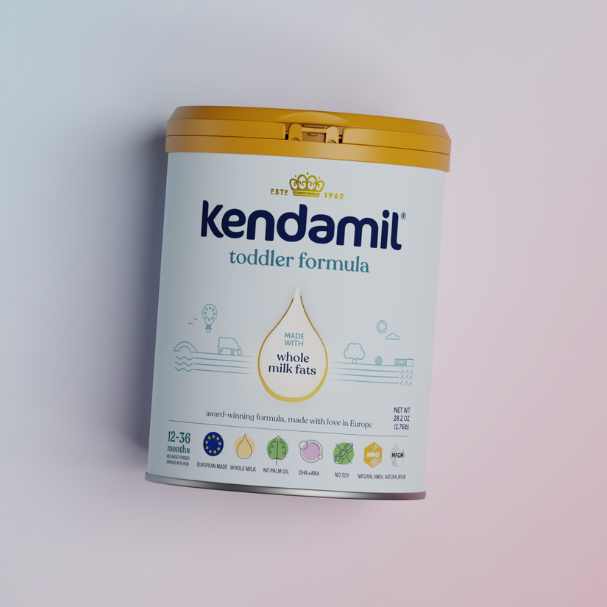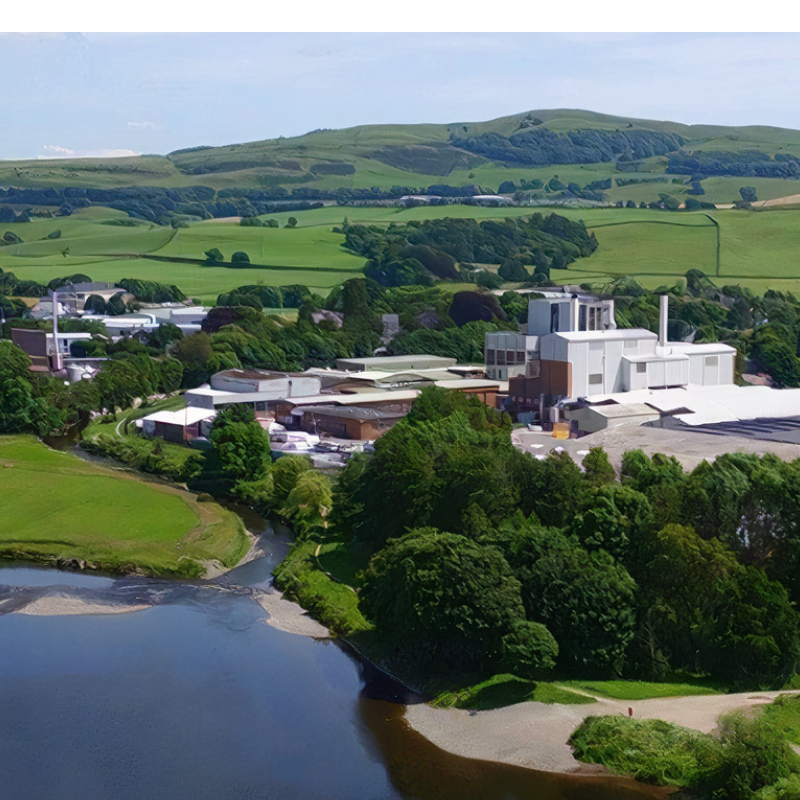Whilst you’ve likely heard a lot about milk allergies or intolerance in babies, it’s actually not as common as you might be led to believe. Many new parents dealing with a fussy baby suspect that their new baby must have a cows’ milk allergy. In fact, it’s been found that while 14% of babies are reported to have a cow’s milk allergy, only about 1% actually do have one. Many parents don’t always understand the difference between milk allergy and intolerance, so let’s jump into it here.
CMPA Milk Allergy Symptoms
When a baby has a milk allergy, their immune system reacts in a negative way to the protein found in cow’s milk. Cow’s milk protein allergy (also known as CMPA) can be seen in both breastfed and bottle-fed babies; breastfed babies react to the daily intake of dairy products eaten by their mother and the proteins which then pass through breastmilk, whilst formula fed babies react to the cow’s milk protein within the formula. In both situations, the baby’s immune system sees the cow’s milk protein as a foreign body and then reacts to try to fight off these ‘invaders’!
Your baby’s body releases something called histamine along with several other chemicals, which causes allergic type symptoms within the body.
Symptoms of a milk allergy include:
- Frequently bringing up a little milk after a feed
- Vomiting
- Abdominal pain or colic-like symptoms
- Excessive crying and irritability after feeds
- Diarrhea
- Blood in the stool
- Hives
- Scaly skin rashes
- Coughing or wheezing
- Watery eyes
- Stuffy nose
- Swelling, especially around the mouth and throat
- Trouble breathing
Lactose Intolerance Symptoms
Lactose intolerance has absolutely nothing to do with cow’s milk proteins or a reaction from the immune system. It is instead related to the digestive system and the way in which the body processes the constituents of the milk. It can occur in both a breastfed and formula fed baby and relates to the way a baby digests the sugars in the milk, which is also known as lactose (you might also hear of it as milk intolerance). Lactose intolerance in babies from birth is extremely rare and more often develops in older children.
Symptoms of true lactose intolerance in babies include:
- Excessive wind
- Diarrhea
- Bloated tummy
- Bringing up milk after feeds
- Irritability and crying after feeds
- Failure to gain weight
Alternative Baby Formula
Goat formula is often not recommended as an alternative for babies with milk intolerance because goat’s formula contains lactose. It is also not recommended for a baby with true CMPA because while goat milk does differ from cow's milk in many aspects, it still contains similar proteins that can trigger allergic reactions in babies who are allergic to cow's milk.
For babies with cow’s milk allergy, healthcare professionals usually recommend specialized hypoallergenic infant formulas. These formulas are designed to provide all the necessary nutrients for a baby's growth and development, while eliminating (‘hydrolyzing’) proteins that can trigger allergic reactions. This is because hydrolyzed formulas break down proteins into smaller fragments, making them less likely to cause an allergic response. If your baby has lactose intolerance, then you will need to use a formula that has no lactose content and uses another carbohydrate substitute such as corn syrup or maltodextrin. The lactose found in goat’s milk, cow’s milk, and breast milk are all structurally exactly the same.
If your baby does have symptoms of either a milk allergy or intolerance, then it’s time to visit your healthcare provider. They will give your baby a physical examination, discuss your family history of allergies and refer you to a pediatrician for further testing. They may also recommend using a hypoallergenic formula until screening has been completed.
If you would like to learn more about Kendamil’s product range, please click here. All Kendamil formulas are made with either cow’s milk or goat’s milk and therefore not suitable for babies with CMPA. We don’t currently produce a hypoallergenic formula.














